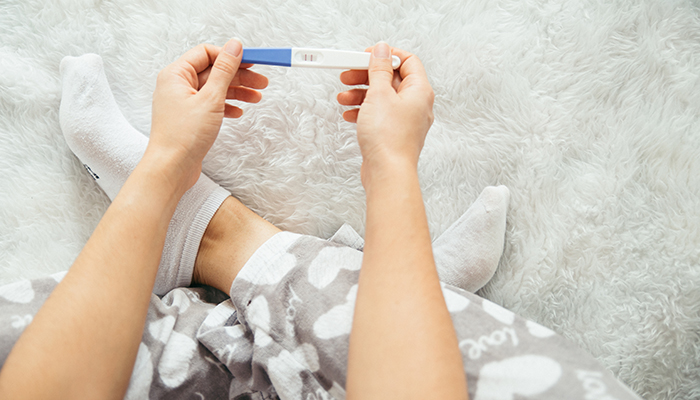
Below are some research findings carried out on this question.
One Australian paper which reviewed 19 papers on this very question determines that women’s reasons are ‘complex and contingent’, and could be grouped into ‘women-focused’, ‘other-focused’ and ‘material’, and these areas mostly were combined and involved significant levels of ambivalence.[1]
The reasons women offered for having an abortion were largely psycho-social. They included: timing, feelings of un-readiness to be a mother, existing children, influence of others (family/partner), and inadequate financial resources or housing. The authors conclude that “decisions to terminate a pregnancy were often influenced by the desire to be a good parent” and that women “take seriously the responsibilities of motherhood in seeking abortion”.[2]
Another paper which explores the data from 14 countries agrees that women often have more than one reason for choosing abortion. Significant reasons were postponement of childbearing or wanting no (more) children, not right time for baby, not financially prepared, interference with future opportunities (education, work), and partner related.[3]
One interview-based research paper sees a similarity between women presenting for abortion who are “pro-choice” and “anti-abortion”. According to the paper, both assert that “they would continue their pregnancy under other circumstances”. [4]
While women often view abortion as a difficult solution to a problem, they can identify reasons to continue their pregnancy as well as to terminate.[5] This finding is consistent with other papers, and offers hope that if we can find real ways to support women and remove difficulties, fewer abortions could potentially occur.
In a study titled ‘Sex in Australia’, the authors noted a strong association between sexual coercion and abortion. The study reveals that having an abortion was significantly associated with socioeconomic disadvantage, discomfort negotiating with a partner to use contraception for avoiding pregnancy, and a position where religion was judged as unimportant in decisions about managing fertility.[6]
These and other findings suggest that an ‘intimate partner’s’ influence can be significant. Although in some circumstances a partner may coerce a woman to abort, many women reported that their abortion was motivated by their desire to end an abusive relationship.[7]
- [1] Kirkman, M., Rowe, H., Hardiman, A., Mallett, S., & Rosenthal, D. (2009). Reasons women give for abortion: a review of the literature. Archives of Women's Mental Health, 12(6), 365-378.
- [2] Kirkman, M., Rowe, H., Hardiman, A., Mallett, S., & Rosenthal, D. (2009). Reasons women give for abortion: a review of the literature. Archives of Women's Mental Health, 12(6), 365-378.
- [3] Chae, S., Desai, S., Crowell, M., & Sedgh, G. (2017). Reasons why women have induced abortions: a synthesis of findings from 14 countries. Contraception, 96(4), 233-241.
- [4] Kirkman, M., Rowe, H., Hardiman, A., & Rosenthal, D. (2011). Abortion is a difficult solution to a problem: A discursive analysis of interviews with women considering or undergoing abortion in Australia. Women's Studies International Forum, 34(2), 121-129.
- [5] Kirkman, M., Rowe, H., Hardiman, A., & Rosenthal, D. (2011). Abortion is a difficult solution to a problem: A discursive analysis of interviews with women considering or undergoing abortion in Australia. Women's Studies International Forum, 34(2), 121-129.
- [6] Smith, A., Rissel, C., Richters, J., Grulich, A., & Visser, R. (2003). Sex in Australia: A guide for readers. Australian and New Zealand Journal of Public Health, 27(2),
- [7] Chibber K., Biggs A., Roberts S., Greene Foster D., 2014 The Role of Intimate Partners in Women's Reasons for Seeking Abortion, Women's health issues : official publication of the Jacobs Institute of Women's Health, ISSN: 1878-4321, Vol: 24, Issue: 1, Page: e131-8


